
Preparing for the Test of Proficiency in Korean (TOPIK) II is a challenge that requires more than just basic language skills. To excel in this test, it’s essential to master certain key expressions that can significantly enhance your ability to communicate effectively in Korean. This guide, curated by a professional TOPIK test teacher, dives into 20 essential TOPIK expressions that are crucial for anyone aiming to succeed in the TOPIK II exam. Understanding and utilizing these expressions will not only boost your test scores but also deepen your overall grasp of the Korean language.
20 Essential TOPIK Expressions for TOPIK II
The TOPIK II test measures your proficiency in reading, writing, and listening to Korean at an intermediate and advanced level. The expressions covered in this guide are selected based on their frequency in the test and their utility in complex grammatical structures and contexts. Each expression comes with a detailed explanation, usage guidelines, and real-world examples to ensure you can apply them effectively in your test responses. Study 20 essential TOPIK expressions below and improve you TOPIK skills!
- 그러나 (However)
- Usage: Used to introduce a statement that contrasts with something that has just been said.
- Example sentence: 저는 영화를 보고 싶었어요. 그러나 시간이 없어서 못 봤어요. (I wanted to see the movie. However, I didn’t have time.)
- 그런데 (But, And yet)
- Usage: Used to introduce a new fact or situation which changes or emphasizes what was said before.
- Example sentence: 그는 매우 바쁘다고 했다. 그런데 어제 그를 파티에서 만났다. (He said he was very busy. But I met him at a party yesterday.)
- 오히려 (Rather, On the contrary)
- Usage: Used to correct a statement or give a statement that is surprising in contrast to what has been said.
- Example sentence: 그 일은 쉬울 줄 알았어요. 오히려 매우 어려웠습니다. (I thought that task would be easy. On the contrary, it was very difficult.)
- 물론 (Of course)
- Usage: Used to emphasize that what you are saying is true or to agree with someone’s suggestion.
- Example sentence: 물론, 내일 그 문제에 대해 다시 논의할 수 있습니다. (Of course, we can discuss that issue again tomorrow.)
- 하지만 (But)
- Usage: Used to introduce a phrase or sentence that contrasts with what has been mentioned before.
- Example sentence: 그는 좋은 사람이다. 하지만 가끔 짜증이 많다. (He is a good person, but sometimes he is very irritable.)
- 따라서 (Therefore)
- Usage: Used to show that something is the logical result of something else.
- Example sentence: 모든 티켓이 매진되었습니다. 따라서 우리는 다른 날짜를 선택해야 합니다. (All tickets are sold out. Therefore, we must choose another date.)
- 왜냐하면 ~ 때문이다 (Because)
- Usage: Used to introduce a specific reason for something.
- Example sentence: 그는 회의에 참석하지 않았습니다. 왜냐하면 그가 아팠기 때문입니다. (He didn’t attend the meeting because he was sick.)
- 즉 (That is to say, Namely)
- Usage: Used to clarify something more clearly or to introduce more precise information.
- Example sentence: 모든 팀원이 동의해야 합니다. 즉, 단 한 명의 반대도 있어서는 안 됩니다. (All team members must agree. That is, there must not be even one dissenting opinion.)
- 증가하다 (To increase)
- Usage: Describes an action where something progressively grows in size, number, or amount.
- Example sentence: 지난 몇 년 동안 해외 여행객의 수가 증가했습니다. (The number of international travelers has increased over the past few years.)
- 감소하다 (To decrease)
- Usage: Describes an action where something reduces in size, number, or intensity.
- Example sentence: 지난 분기에는 매출이 감소하였습니다. (Sales decreased in the last quarter.)
- 단점 (Disadvantage)
- Usage: A negative aspect of a situation, idea, or plan.
- Example sentence: 이 방법의 단점은 시간이 많이 걸린다는 것입니다. (The disadvantage of this method is that it takes a lot of time.)
- 장점 (Advantage)
- Usage: A beneficial aspect or feature.
- Example sentence: 이 기술의 장점은 비용 절감입니다. (The advantage of this technology is cost reduction.)
- 늘어나다 (To increase, To stretch out)
- Usage: Describes something becoming larger or longer over time, often used in a quantitative context.
- Example sentence: 지난 해에 비해 구독자 수가 크게 늘어났습니다. (The number of subscribers has significantly increased compared to last year.)
- 줄어들다 (To decrease, To diminish)
- Usage: Describes something becoming smaller or less over time.
- Example sentence: 인구가 점점 줄어들고 있습니다. (The population is gradually decreasing.)
- 비판하다 (To criticize)
- Usage: To express disapproval or to find fault with something or someone.
- Example sentence: 많은 사람들이 그 정책을 비판했습니다. (Many people criticized that policy.)
- 동의하다 (To agree)
- Usage: To have the same opinion as someone else.
- Example sentence: 나는 그의 제안에 전적으로 동의합니다. (I fully agree with his proposal.)
- 경고하다 (To warn)
- Usage: To inform someone about possible danger or trouble.
- Example sentence: 그들은 폭풍이 다가오고 있다고 경고했습니다. (They warned that a storm was coming.)
- 재고하다 (To reconsider)
- Usage: To think again about a decision or opinion, often leading to a change.
- Example sentence: 우리는 그 계획을 재고해야 할 필요가 있습니다. (We need to reconsider that plan.)
- 정책 (Policy)
- Usage: Refers to a course or principle of action adopted or proposed by a government, party, business, or individual.
- Example sentence: 정부는 새로운 환경 정책을 발표했다. 이 정책은 대기 오염을 줄이는 것을 목표로 한다. (The government announced a new environmental policy. This policy aims to reduce air pollution.)
- 현상 (Phenomenon)
- Usage: Describes an observable event or a particular situation that can be scientifically described or studied.
- Example sentence: 글로벌 워밍은 전 세계적인 현상이며, 많은 나라에서 심각한 영향을 미치고 있다. (Global warming is a worldwide phenomenon and is having serious impacts in many countries.)
Above was 20 essential TOPIK expressions for TOPIK test this year.
Understanding TOPIK II Grammar and Vocabulary
Grammar and vocabulary are the building blocks of language proficiency. In this section, we explore essential verbs, adjectives, and connective expressions that you will encounter in the TOPIK II test. These components are vital for constructing sophisticated and nuanced sentences that the test assessors are looking for.
Practical Applications of essential TOPIK Expressions
Knowing an expression and using it correctly under exam conditions are two different skills. This section provides practical advice on integrating these expressions into your spoken and written Korean. We’ll discuss common scenarios and dialogues that mimic the test environment, helping you to practice and perfect your application of each essential TOPIK expressions.
Test Preparation Tips
Success in TOPIK II doesn’t come from memorization alone; it comes from effective preparation and practice. This section offers strategies for memorizing expressions and advice on how to incorporate them into regular study routines. We also provide tips on practice exercises that can help solidify your knowledge and boost your confidence on exam day.
20 essential TOPIK expressions – Outro
Mastering these 20 essential TOPIK expressions will prepare you not only for the TOPIK II test but also for engaging in advanced Korean communication in daily and professional scenarios. By focusing on these key areas, you can improve both your test performance and your overall language skills.
As you continue your journey to conquer the Korean language, remember that each expression you master adds a layer of depth to your understanding. The TOPIK II test is a significant milestone, and with the right preparation, you are well-equipped to achieve a high score. Keep practicing, stay motivated, and believe in your ability to succeed.
How was ’20 essential TOPIK expressions’ blog post? lf You want to take free lessons about TOPIK, Download our app ‘JAEM Korean’. There are many free lessons about TOPIK test. You can find ‘TOPIK tricky words’ lesson or ‘TOPIK Listening practice’ Lesson. We are going to open premieum course about TOPIK, so plz wait!!✌️
And If you need to know 2024 TOPIK Schedule, please check our JAEM blog post! (View Blog post)

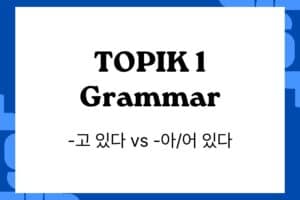
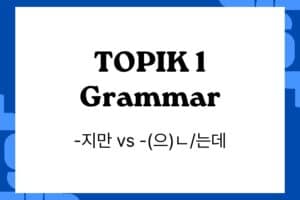
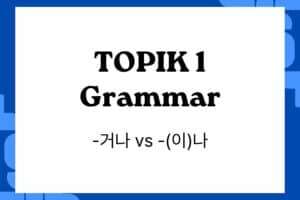
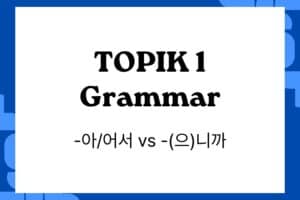



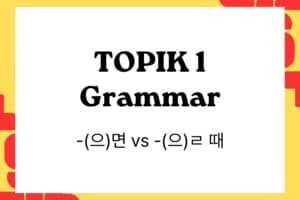
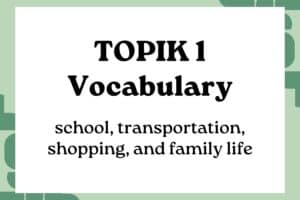
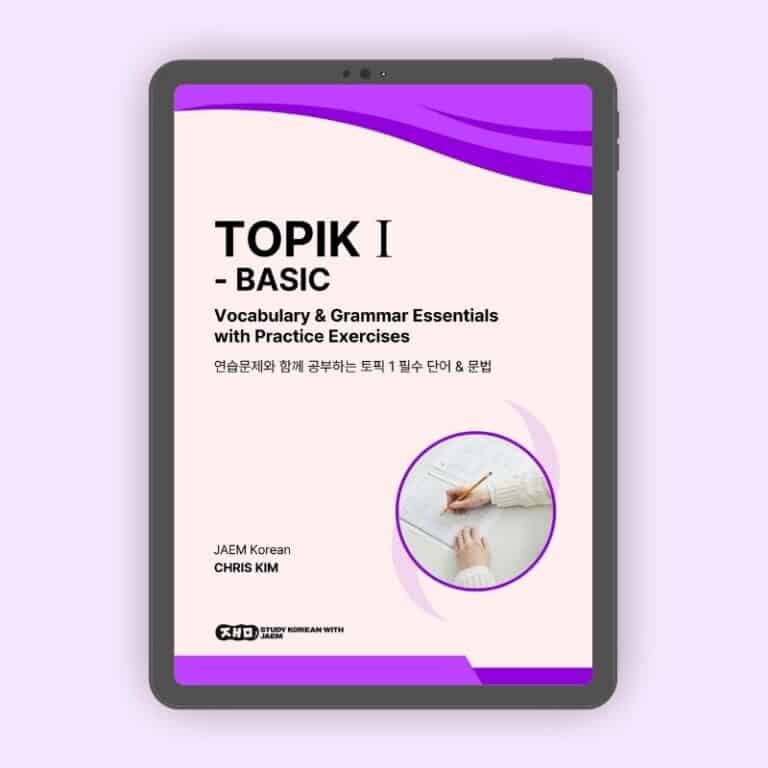
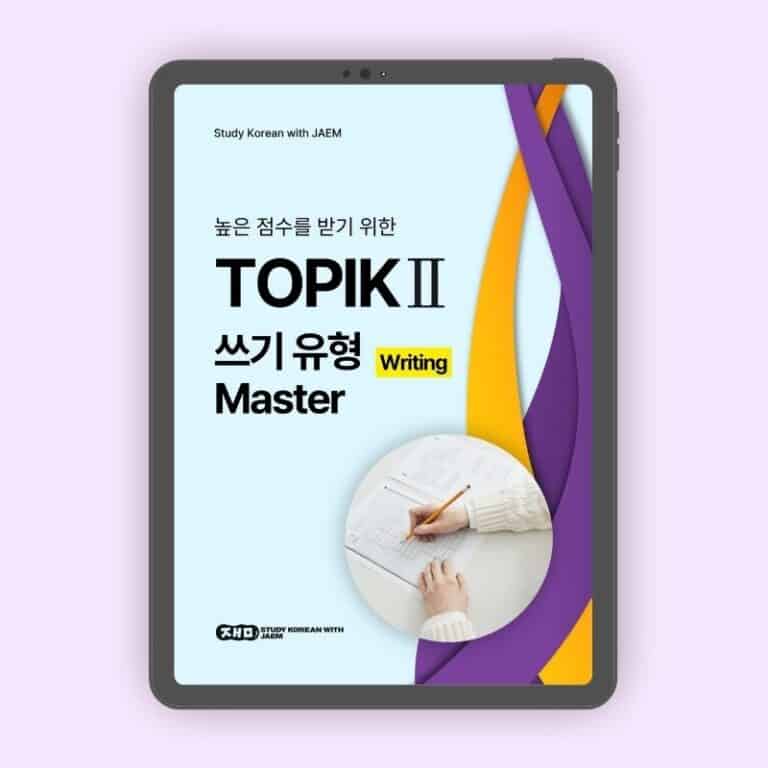
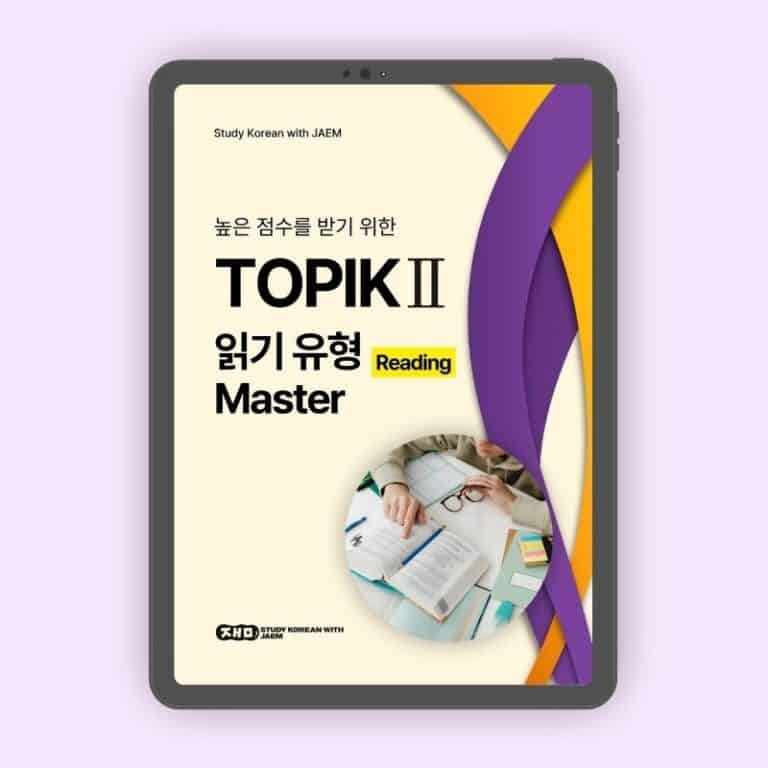

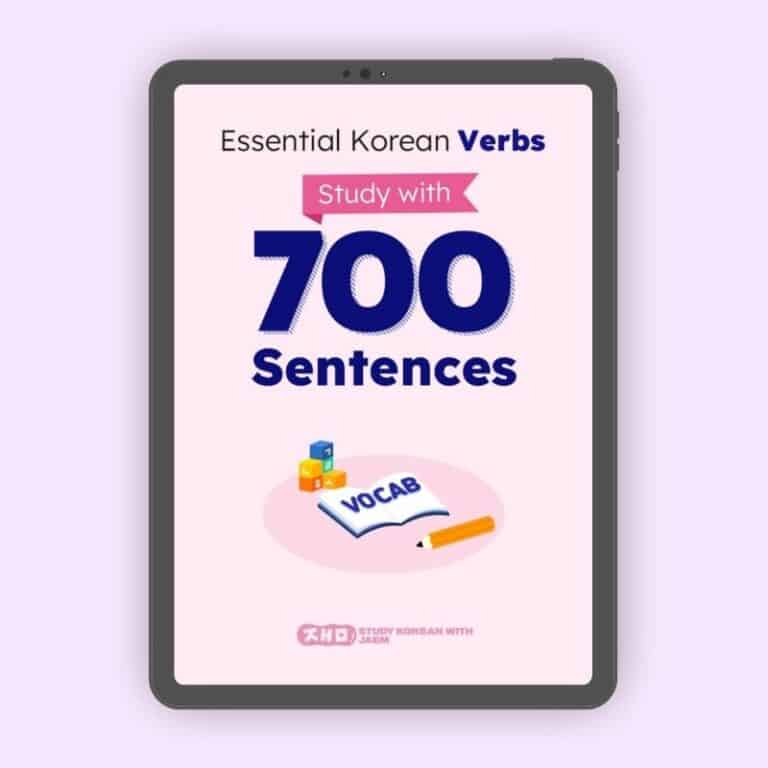
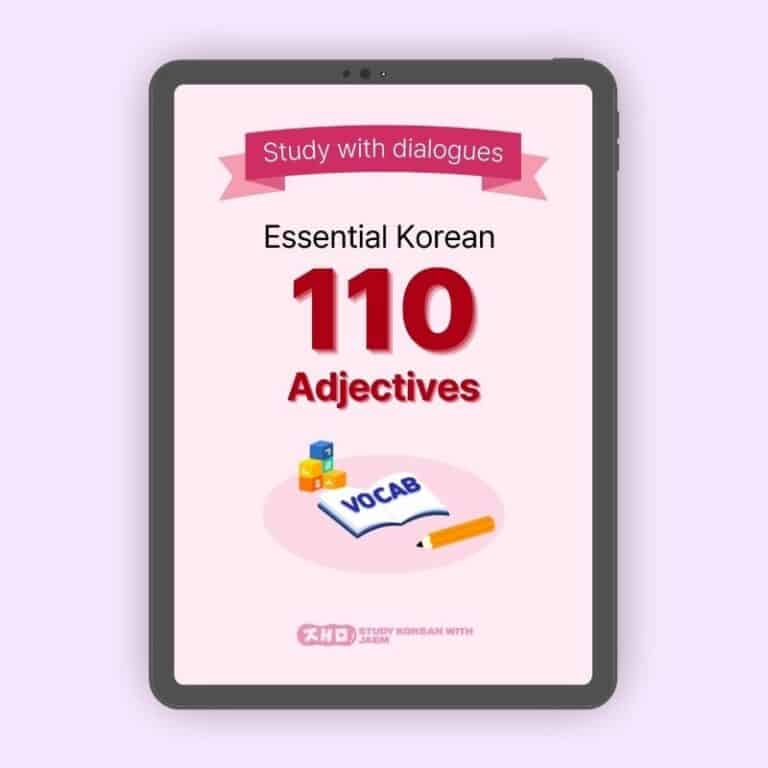
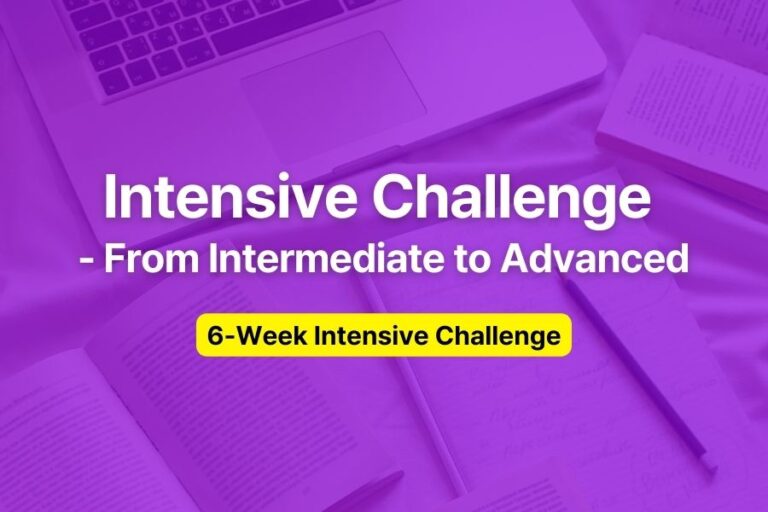
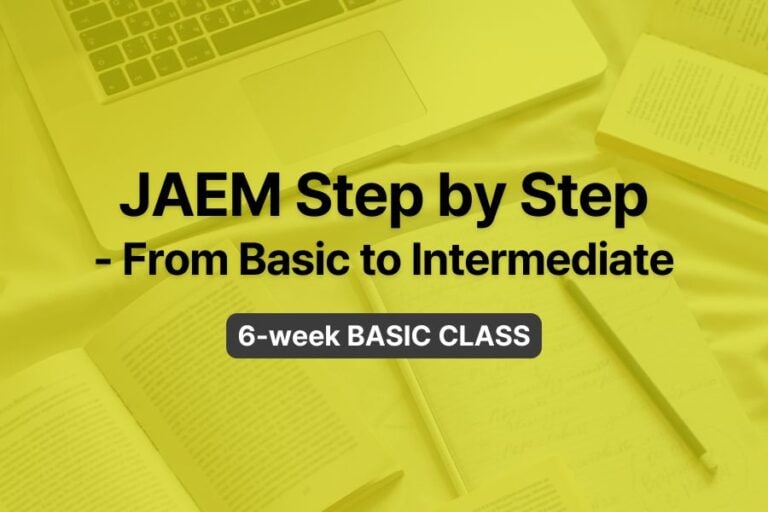

Responses
I used to think differently, thanks for the help on this.
Your thought is just great